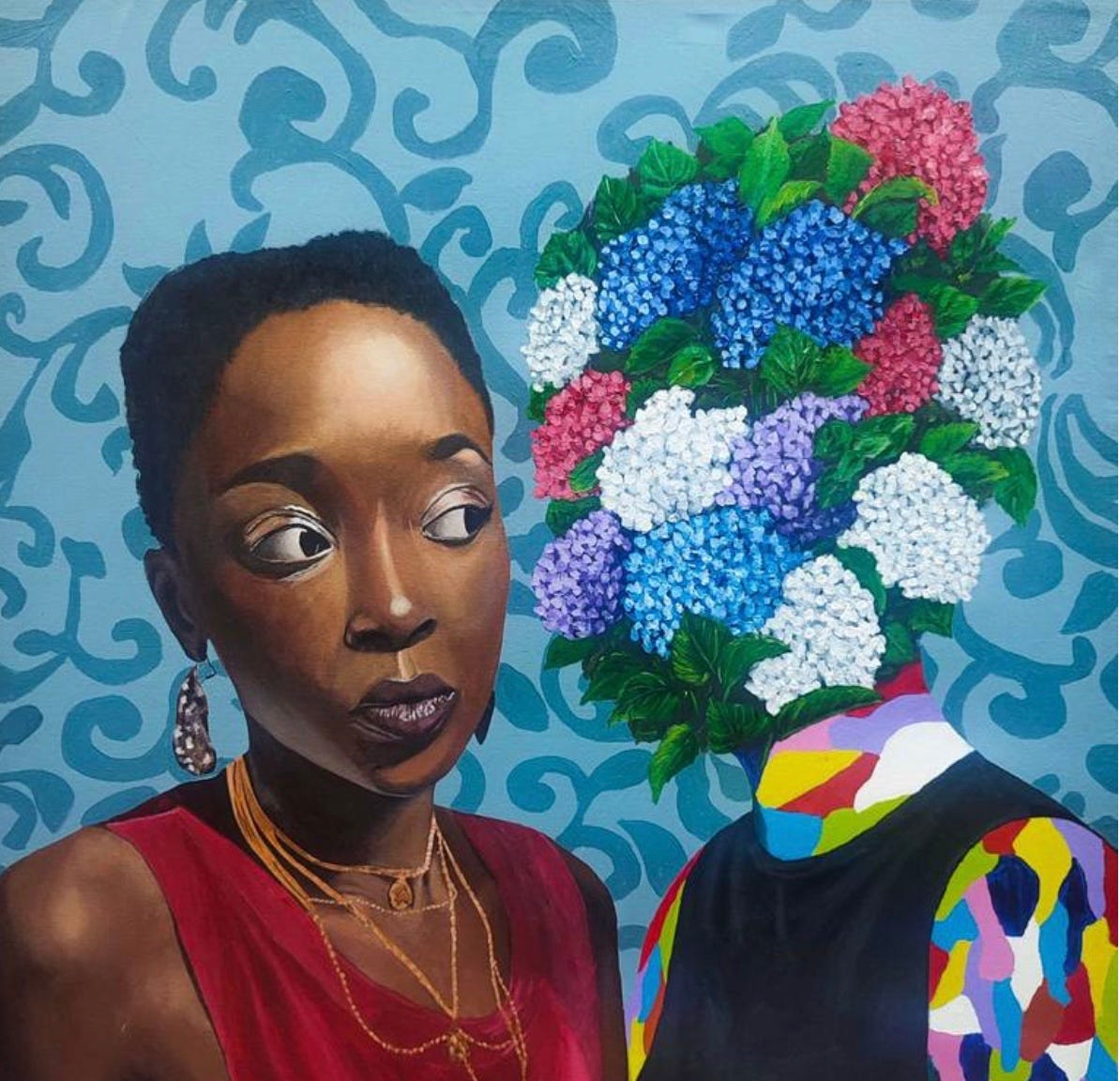This past week I critiqued fiction from two gigantically talented former students. Even though you couldn’t imagine more different tales, the stories had near identical plots: a conflicted narrator wrestling with the loss of a friend. In both stories the tragic friend loomed over the narrative (and the narrators) and yet despite the tragic friends’ ubiquity, those characters came in the least clear — paradoxically diffused or paradoxically elided.
In truth this sort of thing is not uncommon — stories whose avowed hearts are missing, whose narrative cores are foretold but not entirely fulfilled.
The problem is simple to diagnose: the writer looked away.
You’d be surprised how often writers look away. I know I have. You’d might also be surprised that many writers who look away don’t think they’ve looked away. As was the case with my former students (I spoke to both of them in person), they thought they were giving their characters their due.
Plenty of reasons why a writer might look away but I’m of the belief that most often we avert our narrative gazes, and as a consequence carve these omnipresent absences in our fiction, when




